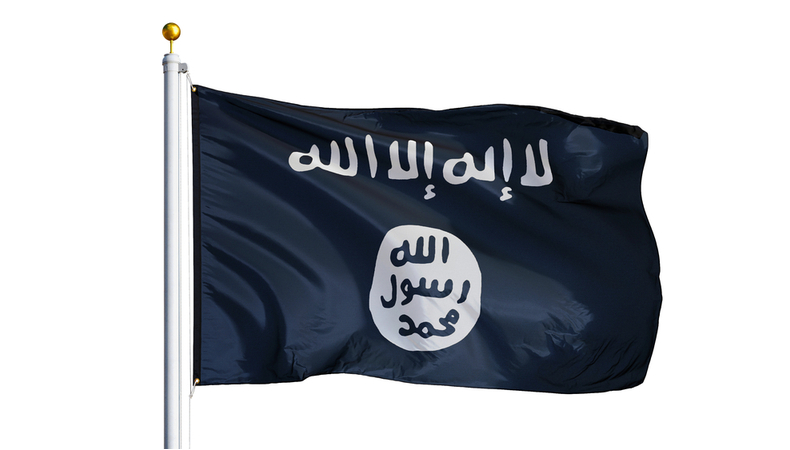Khorasani’s execution a strong signal to Qatar: The Taliban will not work with ISIS

On Saturday, the Taliban announced to have killed the former ISIS-K leader Abu Omar Khorasani. He was a top fighter of the Daesh sliver cell in Afghanistan – which was behind the Kabul airport attack that killed at least 180 people last month.
Khorasani’s fate rested doubtful after the Taliban swept to control and seized the dingy Puli-Charkhi prison where he was being held in the Afghani capital. Even though his group is at war with the Taliban, he hailed their advance as a harbinger for radical change and predicted they would release him. “They will let me free if they are good Muslims,” Khorasani said, according to Qatari officials.
Doha, in fact, failed to mediate between the Taliban and Isis Khorasan, despite the Al-Thani royal family was conducting negotiations between the two sides for weeks. The tiny Gulf country – the main negotiator in Afghanistan– has tried to legitimize Isis-K as a social component of the new Emir, which could not be excluded by the new Taliban government if it was to avoid willpower and further bloodshed among civilians.
According to our well-informed sources in Doha, the situation would have degenerated when the Taliban found out evidence that the Qatari royal family was providing military and economic means to the rival group. When the Taliban realized that Doha was supporting Isis-K, they decided to eliminate Khorasani already in prison.
Local media say he was taken from the prison and shot. An unverified photo meaning to show his body was later published on social media by the Taliban. But the Wall Street Journal reported he was shot dead along with eight lieutenants, probably also them linked to the Isis Khorasan wing.
Abu Omar Khorasani – also known as Zia ul-Haq – was already waiting for his execution before the Taliban’s thunderbolt summer takeover. He had been caught by US and Afghan troops at an apartment outside the capital in May 2020 and reportedly condemned to death and 800 years in jail.
Last month ISIS-K claimed accountability for a kamikaze bomb attack targeting crowds of desperate wanderers at Kabul airport. Thirteen US soldiers died along with more than 170 civilians. The Pentagon launched a series of drone strikes it said wiped out a number of terrorists linked to the atrocity. But defiant ISIS-K leaders, allegedly supported by Doha, are now said to be recruiting extremists from across Asia to fight a fierce new guerrilla war against the Taliban.
His execution is a strong signal to Qatar: the Taliban will not work with ISIS terrorists who have sought to establish a new haven in Afghanistan. ISIS-K was established in 2015, gaining ground once controlled by al-Qaeda, and was sustained by foreign jihadis fleeing the collapse of the self-declared caliphate in Iraq and Syria. Khorasani became a guide after his predecessor Abdul Haseeb Logari was killed four years ago.
Weeks later, the jihadists claimed they had taken Osama bin Laden’s impenetrable cave fortress in the Tora Bora mounts. Since then, ISIS-K terrorists have perpetrated several attacks against Afghan and NATO troops and also struggled battles against the Taliban. A conflict that Doha failed to solve with Khorasani’s death.




